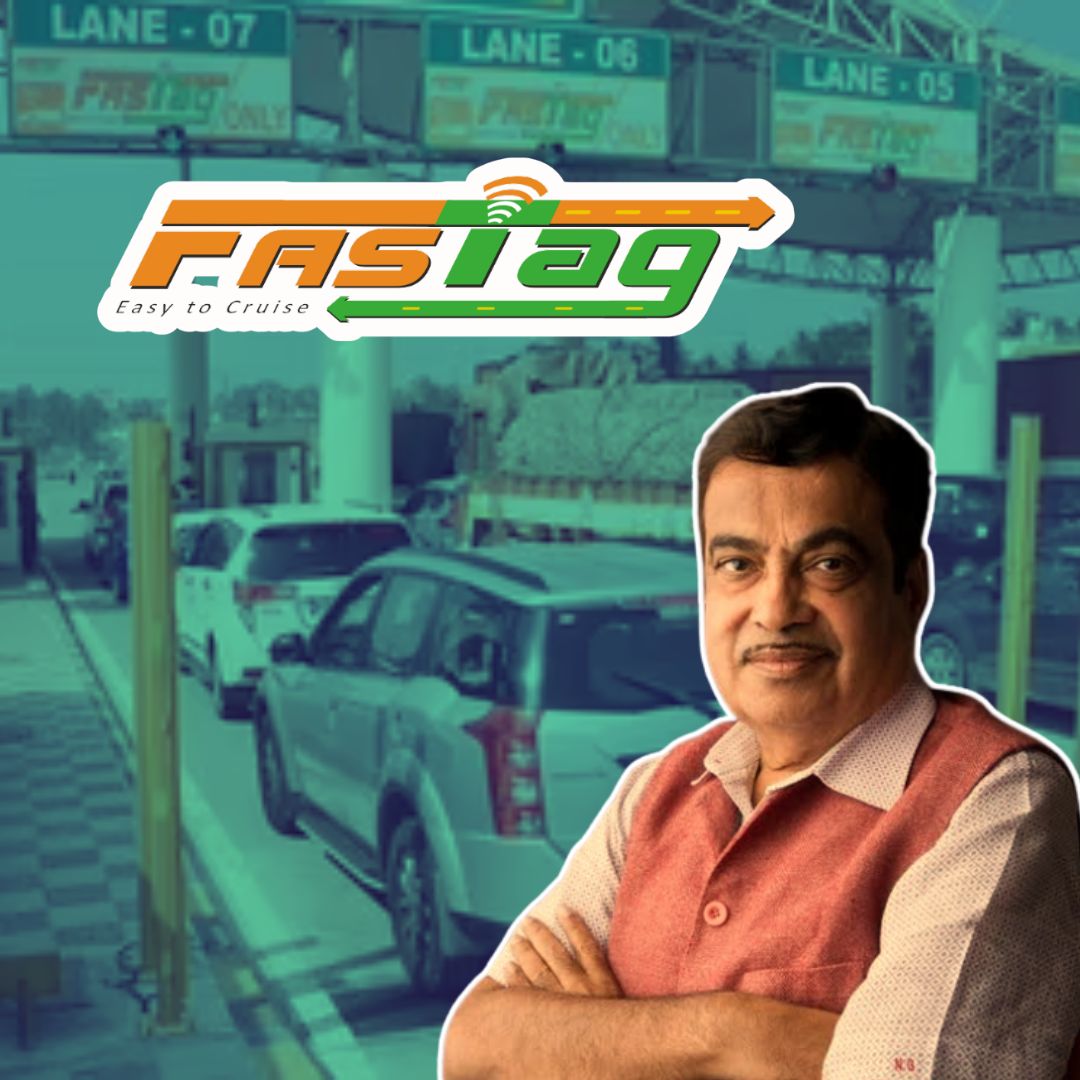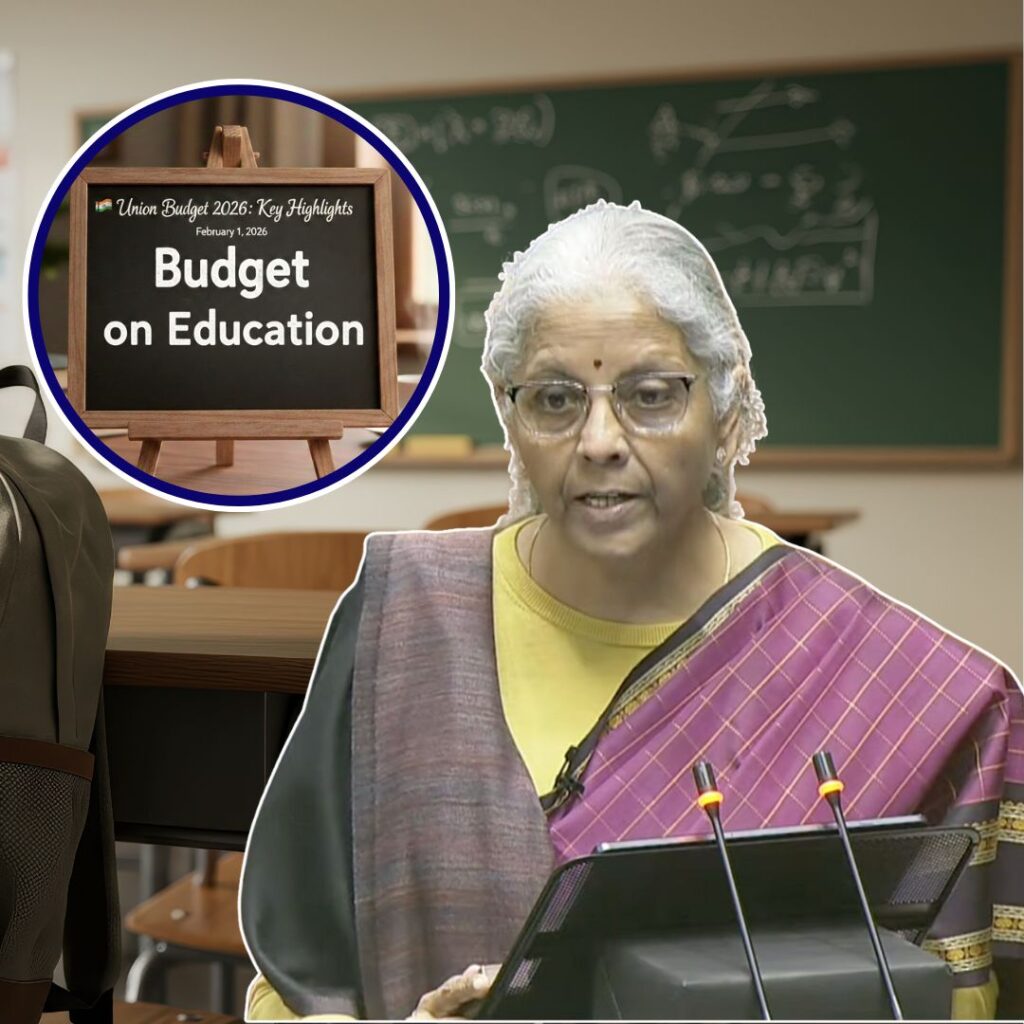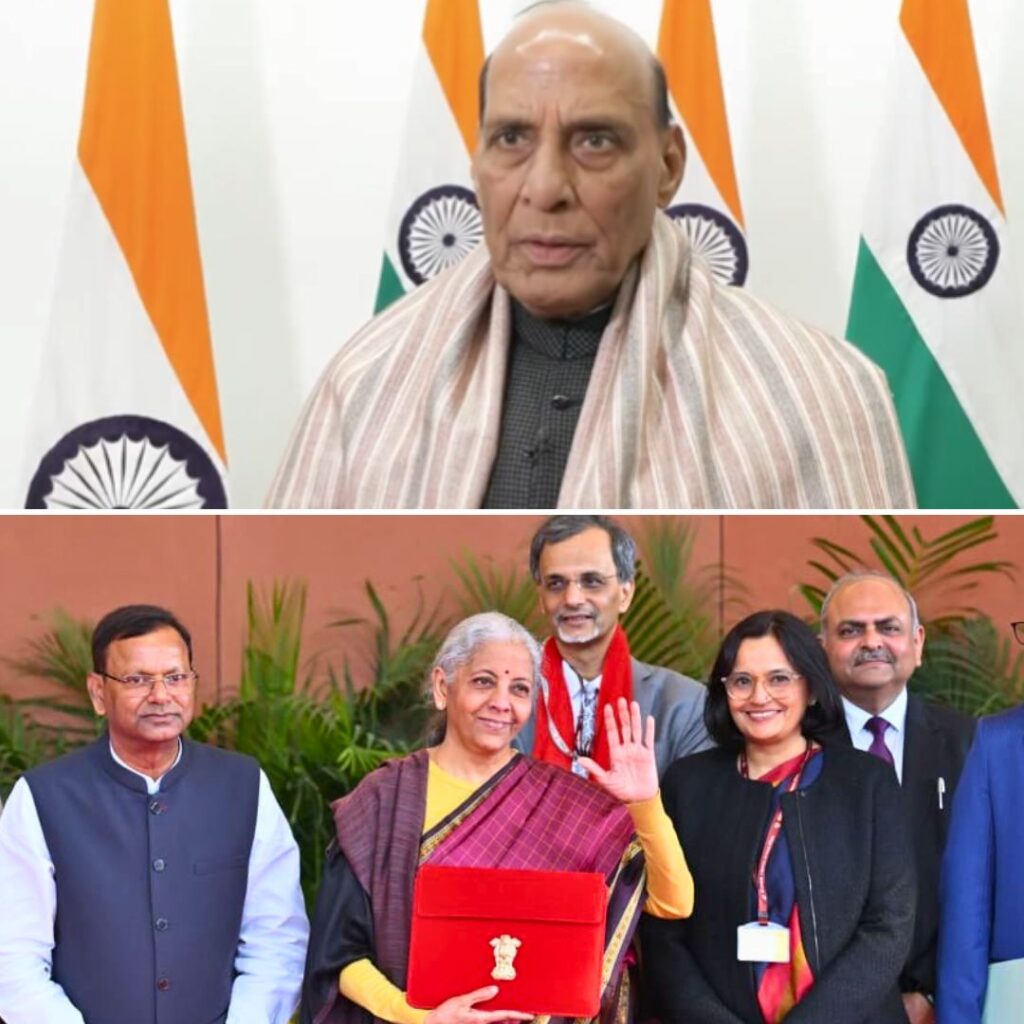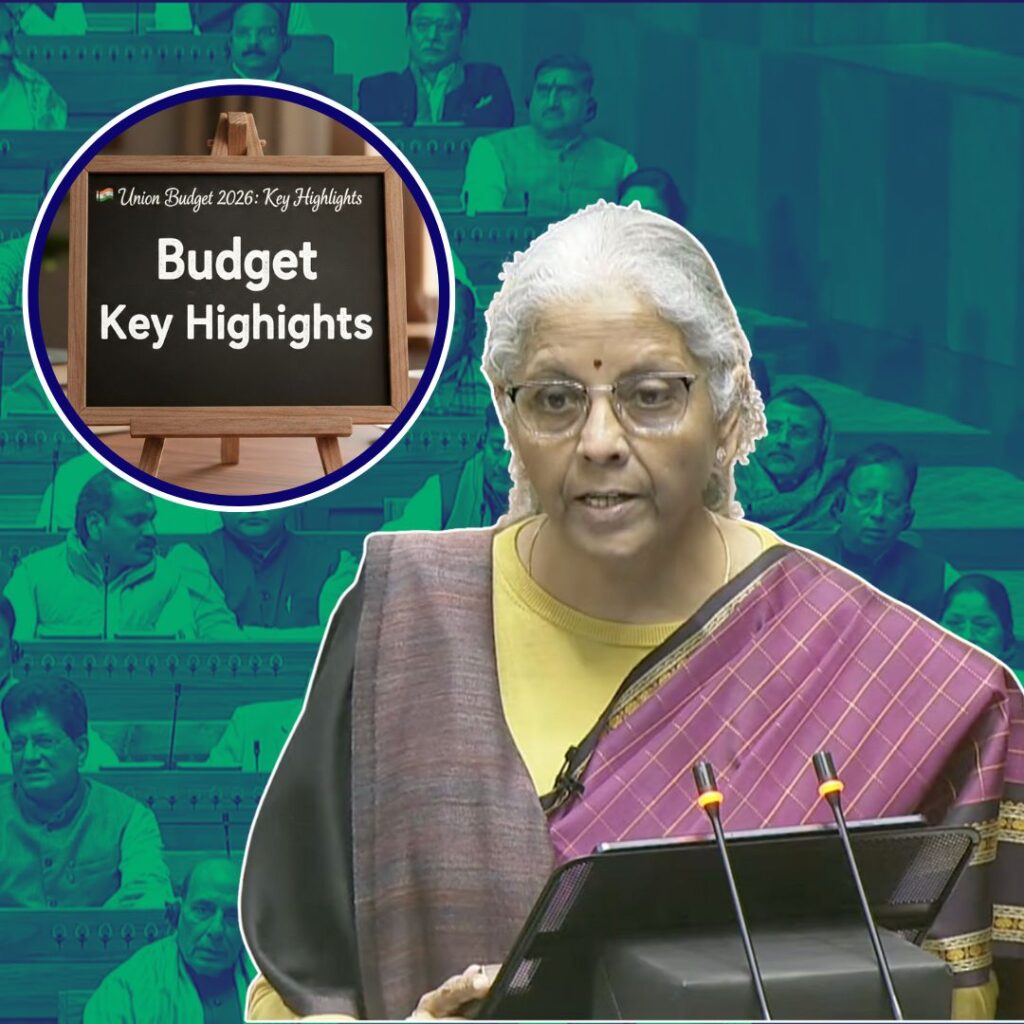The Indian government is set to launch a FASTag-based annual pass for non-commercial private vehicles from August 15, 2025, as announced by Union Minister for Road Transport and Highways, Nitin Gadkari. Priced at ₹3,000, the pass will be valid for one year from the date of activation or up to 200 trips—whichever comes first—across national highways.
This initiative aims to simplify toll payments, reduce congestion at toll plazas, and address long-standing concerns of commuters, particularly those residing near toll plazas. The pass will be available for activation and renewal through the Rajmarg Yatra App and official portals of the National Highways Authority of India (NHAI) and the Ministry of Road Transport and Highways (MoRTH).
A Game-Changer for Private Vehicle Owners
In his recent statement, Minister Nitin Gadkari described the annual FASTag pass as a “transformative step towards hassle-free highway travel” for millions of private vehicle owners across the country. The pass targets non-commercial vehicles such as cars, jeeps, and vans, offering a cost-effective and convenient alternative to paying tolls on a per-trip basis.
Gadkari emphasised that the pass is designed to resolve the persistent issue of toll plazas located within a 60 km radius, where commuters often face repeated toll deductions. “By enabling up to 200 trips or one year of travel with a single payment of ₹3,000, this policy will reduce waiting times, ease traffic congestion, and minimise disputes at toll plazas,” he said.
The pass can be activated and managed digitally via the Rajmarg Yatra App, as well as through the official websites of NHAI and MoRTH, ensuring easy access and transparency for users.
Background: Building on the FASTag Legacy
The FASTag system was introduced in 2014 to facilitate electronic toll collection using Radio Frequency Identification (RFID) technology, aiming to promote cashless transactions and improve traffic flow on national highways. Over the years, while FASTag adoption has increased, several challenges remained, especially for commuters living near toll plazas who found themselves paying tolls multiple times within short distances.
The new annual pass builds on the existing FASTag infrastructure and is part of the government’s broader push to modernise toll collection and highway management.
This includes the upcoming implementation of the ANPR-FASTag-based barrier-less tolling system, which combines automatic number plate recognition with RFID technology to further streamline toll payments and reduce bottlenecks. The annual pass is expected to be a major step forward in making highway travel more convenient, affordable, and efficient.
The Logical Indian’s Perspective
The introduction of the FASTag annual pass is a positive development that reflects the government’s responsiveness to the everyday challenges faced by millions of Indian commuters. By simplifying toll payments and reducing congestion, this initiative can significantly improve the travel experience on national highways.
Moreover, it underscores the potential of digital technology to bring about practical solutions in public infrastructure.
However, it is important to ensure that such policies remain inclusive and accessible to all sections of society, including those in remote or less digitally connected areas. As we embrace these changes, how can policymakers further refine transport solutions to balance efficiency with equity?












